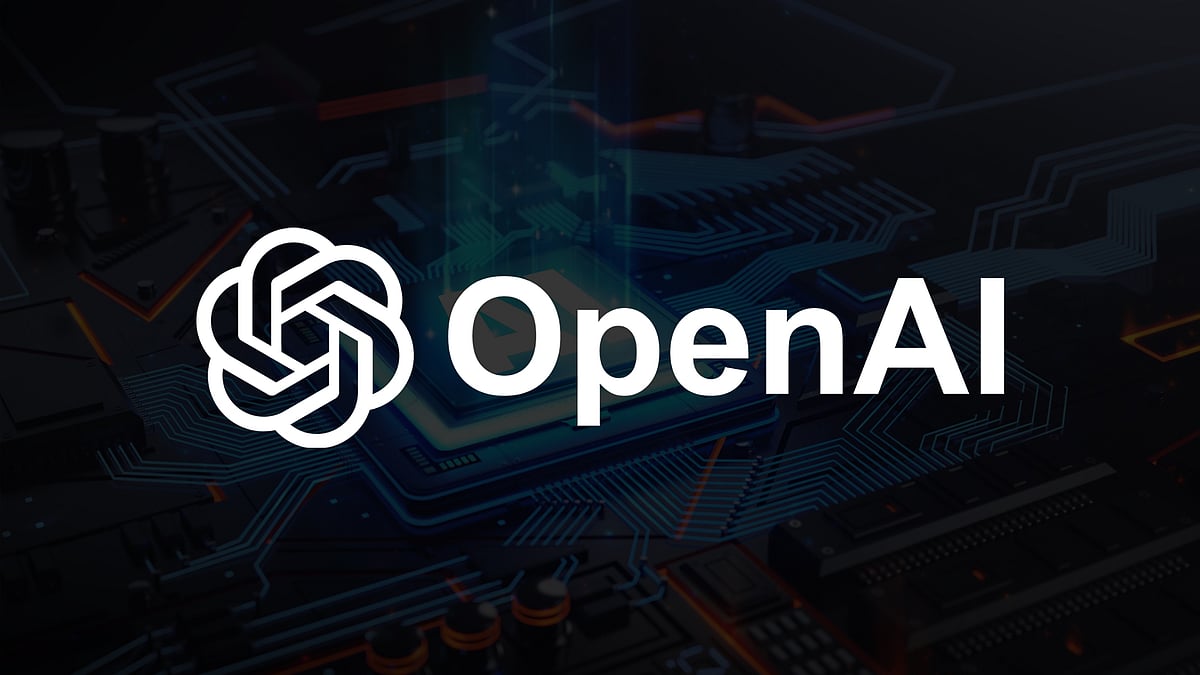 |
|
The Delhi High Court's summons to OpenAI, the creator of the popular AI chatbot ChatGPT, marks a significant development in the burgeoning legal landscape surrounding artificial intelligence and copyright. The case, brought forth by the Asian News International (ANI), alleges that ChatGPT infringed upon ANI's copyrighted material. This lawsuit represents a crucial test case, not only for OpenAI but also for the broader AI industry, setting a precedent for how courts will navigate the complex intersection of AI technology and intellectual property rights. The central argument from OpenAI's representative, Senior Advocate Amit Sibal, hinges on the distinction between 'facts' and 'expression'. Sibal contends that copyright protection extends to the unique expression of an idea, not the underlying facts themselves. He argues that ChatGPT, in its data gathering process, primarily collects facts, which are not subject to copyright protection. This aligns with established legal principles, but the application of these principles to a sophisticated AI model like ChatGPT presents novel challenges for the court.
OpenAI's defense strategically emphasizes the global context of similar lawsuits. The revelation that OpenAI has faced numerous lawsuits in other jurisdictions, including the USA, Canada, and Germany, but has yet to experience an injunction against ChatGPT, provides a comparative perspective. This assertion suggests that the legal precedent regarding AI copyright infringement is still evolving and not yet definitively settled. The lack of injunctions in other cases might be interpreted by the court as indicative of a broader lack of clear legal consensus, potentially weakening the force of ANI's claim. Furthermore, OpenAI's claim that it does not have servers in India and does not reproduce ANI's material within India directly challenges the court's jurisdiction and the maintainability of ANI's suit. This jurisdictional argument is a critical component of OpenAI's defense strategy.
The core of OpenAI's argument rests on the functionality of ChatGPT itself. Sibal meticulously explains the model's data-gathering process, emphasizing the vastness of the data set and the relatively small proportion dedicated to news content. He stresses that the chatbot learns from the information accessed but doesn't access a database to answer specific queries. This description aims to portray ChatGPT not as a simple reproducer of existing content but as a sophisticated learning machine that synthesizes information from various sources. By highlighting the complexity of ChatGPT's functioning, OpenAI aims to show that a direct causal link between ANI's content and the chatbot's output cannot be definitively established. This technical explanation is crucial in navigating the legal grey area surrounding AI and intellectual property. The court's understanding of this technical explanation will significantly influence the outcome of the case.
The case presents a complex legal conundrum. It requires the court to grapple with the novel challenges of applying existing copyright law to a rapidly evolving technology. The definition of 'reproduction' in the context of AI is particularly nuanced. Does the AI's synthesis and creation of new content from existing data qualify as 'reproduction'? This question lies at the heart of the legal dispute. Moreover, the court must consider the implications of its decision for the future development and use of AI technologies. A ruling in favor of ANI could potentially stifle innovation and development in the AI sector. Conversely, a ruling in favor of OpenAI might leave copyright holders vulnerable to unauthorized use of their work. The outcome of the case will undoubtedly have far-reaching consequences for the entire AI industry in India and potentially globally.
The argument regarding the lack of a ‘monopoly on facts’ is another key aspect of OpenAI’s defence. This principle is established in copyright law, suggesting that factual information cannot be copyrighted. The challenge lies in discerning the boundary between facts and expression. If ChatGPT is simply organizing and presenting factual information in a novel way, then it might be argued that it is not infringing on copyright. However, if it is reproducing the specific phrasing or creative expression of ANI’s work, then copyright infringement could be established. The court must carefully analyze the evidence to determine whether ChatGPT’s output is merely a rearrangement of facts or a reproduction of protected expression. This delicate balancing act is central to resolving the dispute fairly and establishing a clear legal framework for future cases involving AI and copyright.
Source: Delhi High Court issues summons to OpenAI after ANI alleges copyright violation by ChatGPT
